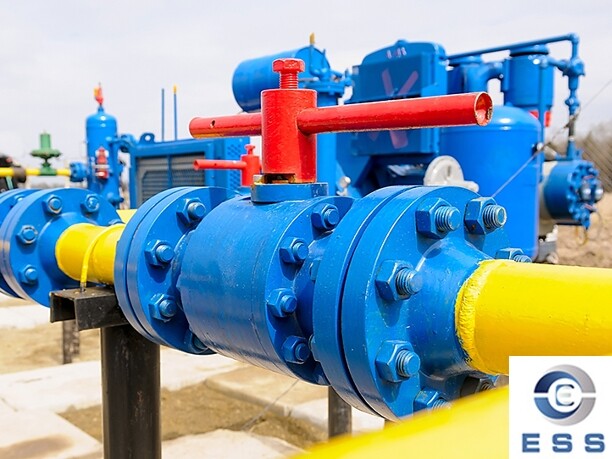
When choosing high-quality valve manufacturers,
you often need to understand its reliability, and the certification certificate
is one of the ways to check. So what certifications do valve manufacturers
generally need? Valve manufacturers need to obtain certificates and
certifications such as ISO9001, API, ASME, CE mark, etc. to ensure product
quality, performance and legality. Different countries and regions also have
their own requirements for special equipment manufacturing licenses, product
certifications, environmental certifications, etc. When purchasing valves, you
should ensure that the products comply with applicable standards and
regulations to meet the requirements of the project.
What certificates do valve manufacturers
need?
1. ISO 9001 quality management system
certification
ISO 9001 is an international standard for quality
management systems. Many valve manufacturers seek ISO 9001 certification to
ensure that their product manufacturing processes meet international quality
management standards. This certification is a certification for the company's
quality management system, proving that the company has established a complete
quality management system and is able to continuously improve and meet customer
needs.
2. CE certification
CE certification is a certification for the
European market, proving that valve products comply with relevant European
regulations and standards. CE certification has a wide range and is applicable
to various types of valves.
3. API certification
For valve manufacturers in the oil and gas
industry, API (American Petroleum Institute) has issued a series of standards,
including API 600 (gate valves), API 602 (small gate valves), API 6D (pipeline
valves), etc. API certification is a certification for the US market, proving
that valve products comply with relevant US regulations and standards.
4. CSA certification
CSA certification is a certification for
the Canadian market, proving that valve products comply with relevant Canadian
regulations and standards. CSA certification covers various fields, including
electrical equipment, mechanical equipment, building materials, electronic
appliances, personal protective equipment, etc.
5. ASME certification
If you manufacture valves for high-pressure
and high-temperature applications, you may need to obtain ASME (American
Society of Mechanical Engineers) certification, such as ASME B16.34 (valve
standard). ASME certification is a certification for the US market, proving
that valve products comply with relevant ASME regulations and standards.
What are the functions of these
certificates?
1. Improve product quality
By obtaining ISO 9001 quality management
system certification, enterprises can establish a complete quality management
system to ensure the stability and reliability of product quality.
2. Expand the market
Obtaining CE, API, CSA, ASME and other
certifications can make the company's products meet international standards and
relevant regulatory requirements, thereby opening up the international market.
3. Improve brand awareness
Obtaining certification can prove the
legality and credibility of the company's products, improve brand awareness and
market competitiveness.
4. Protect user rights and interests
Valve products are important safety
equipment. Obtaining relevant certifications can ensure the safety of products
and compliance with regulatory requirements, and protect the rights and
interests of users.
Summary
In short, valve manufacturers need to
obtain a series of certificates to ensure the quality and safety of their
products, which is also an important means to expand the market and improve
brand awareness.













 Eastern Steel Manufacturing Co.,Ltd not only improve product production and sales services, but also provide additional value-added services. As long as you need, we can complete your specific needs together.
Eastern Steel Manufacturing Co.,Ltd not only improve product production and sales services, but also provide additional value-added services. As long as you need, we can complete your specific needs together.










